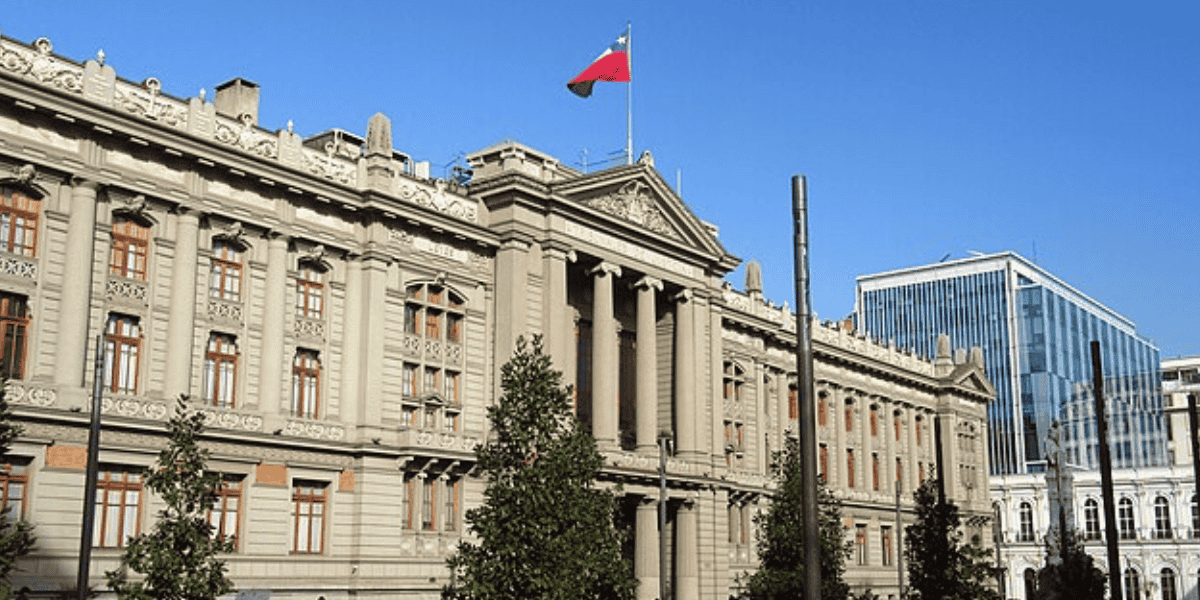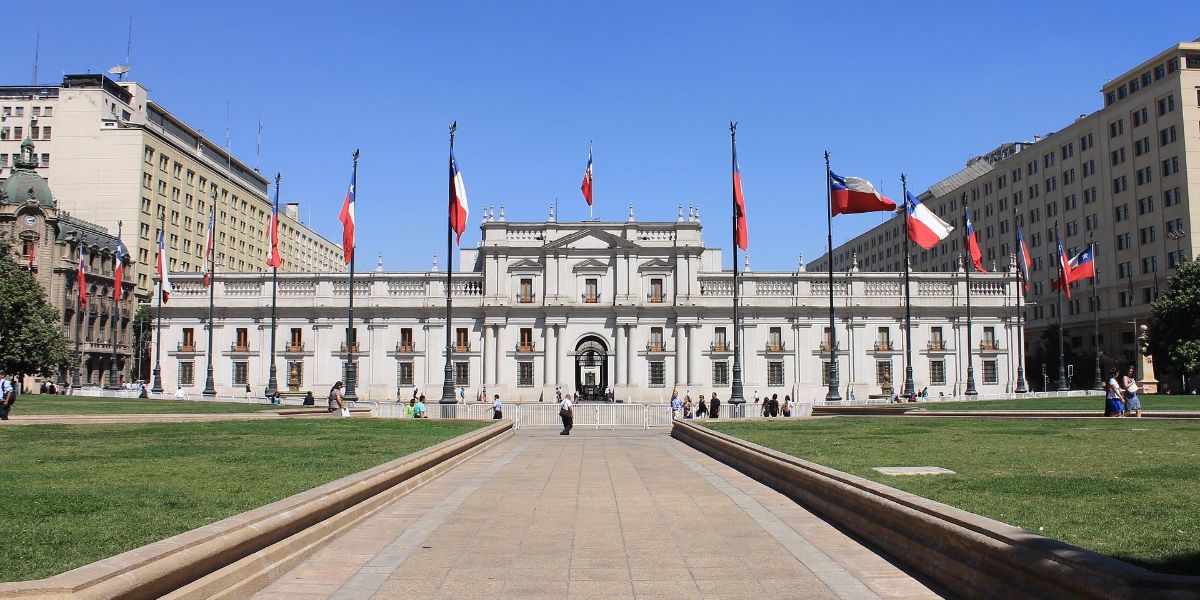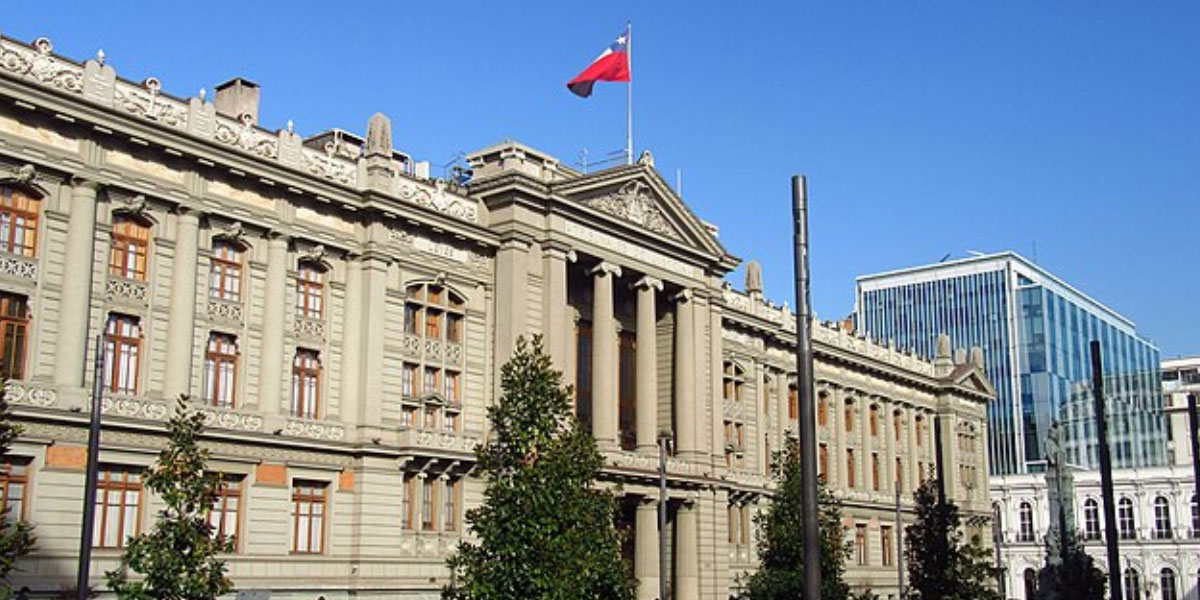Law No. 20.899 was published in the Official Gazette on 8th February 2016. This Law simplifies the implementation of the tax reform 2014 in matters regarding provisions of the tax code, income tax and VAT, among others.
Under the tax reform of 2014 some entities can elect to be taxed under the attribution regime instead of the semi-integrated regime. The new law provides that the attribution regime may only be chosen by branches and companies other than Anonymous Companies and Companies Limited by Shares whose partners or shareholders are exclusively Chilean individuals or taxpayers without residence or domicile in Chile. Other entities would be subject to tax under the semi-integrated regime.
In relation to the reporting obligation for investment abroad the new law considers unreported investments abroad to be disallowed expenses that are subject to the penalty tax in Article 21 of the ITL. For this penalty to apply the taxpayer must be summoned under the formal administrative procedures and will be given the chance to prove that the income derived from the investment has been subject to taxes in Chile.
The rules on tax credits are modified to permit Chilean companies to receive the indirect tax credit when a subsidiary is domiciled in a third country provided that the country has a double tax treaty with Chile or permits the exchange of tax information.
For the purpose of the controlled foreign corporation (CFC) rules the term “relationship” for determining control is broadened; and the law clarifies that passive income does not include dividends derived from a controlled Chilean operative company. An entity does not need to recognize passive income in Chile if the value of the assets likely to produce passive income in a CFC is not more than 20% of the total assets and the passive income was already taxed at an effective rate of at least 30% in the country where the entity is established.
Article 34 ITL is amended to require entities that want to be taxed under the presumptive regime to be exclusively formed by individuals at the time they adopt the regime and during the time they continue in the presumptive regime.













